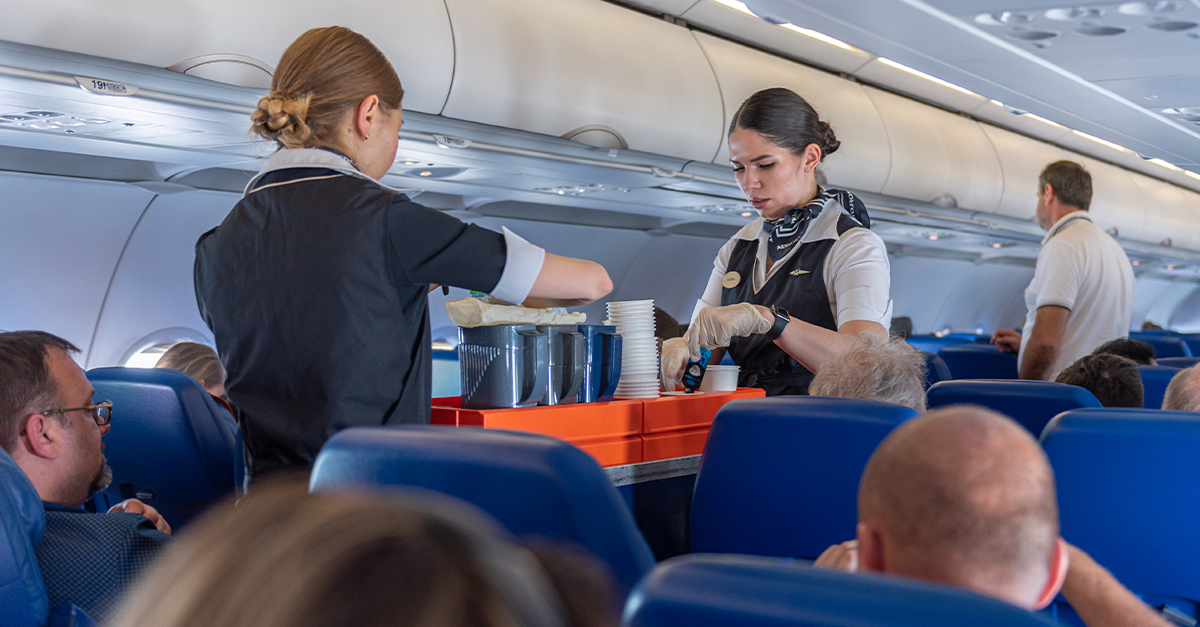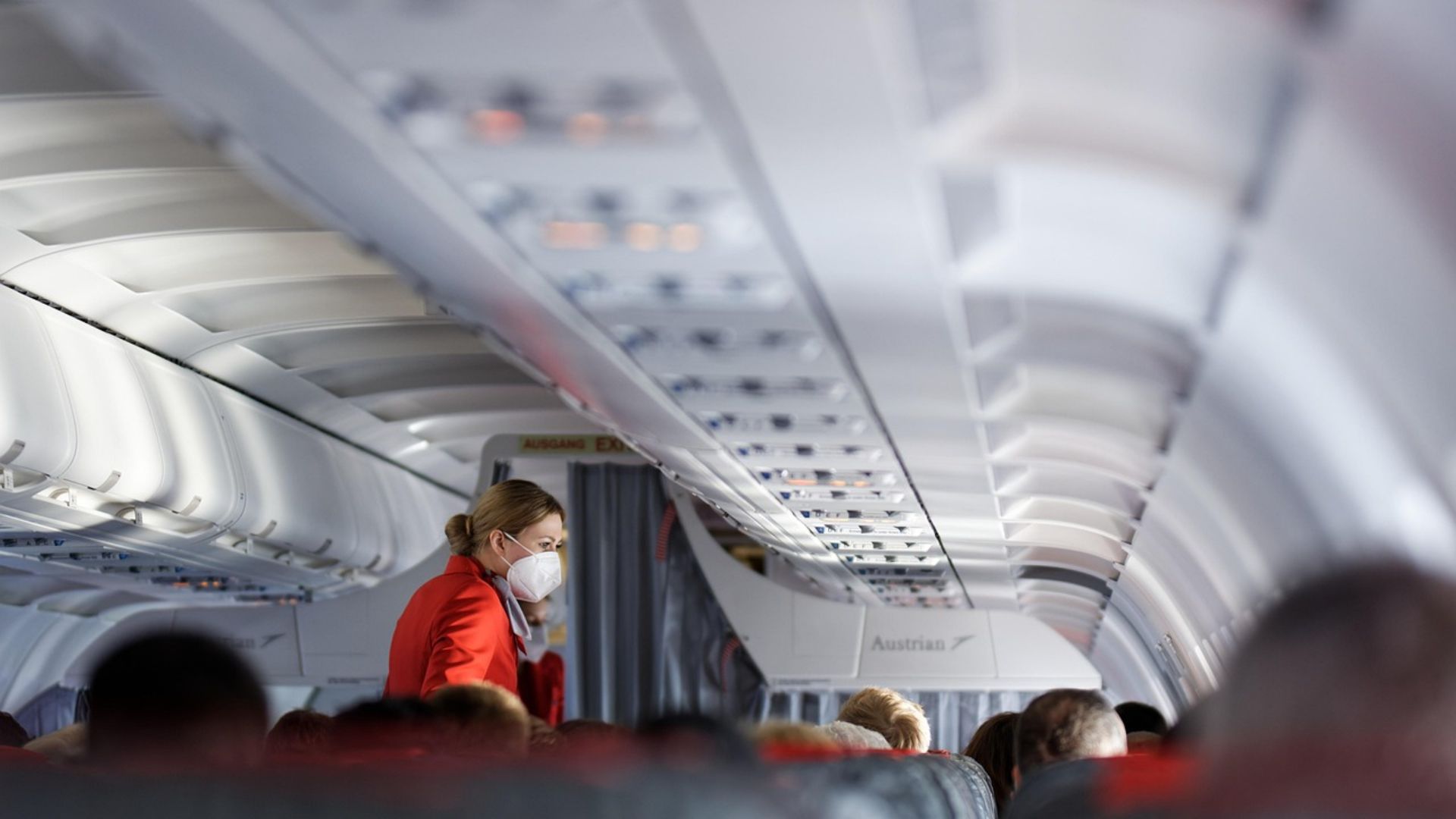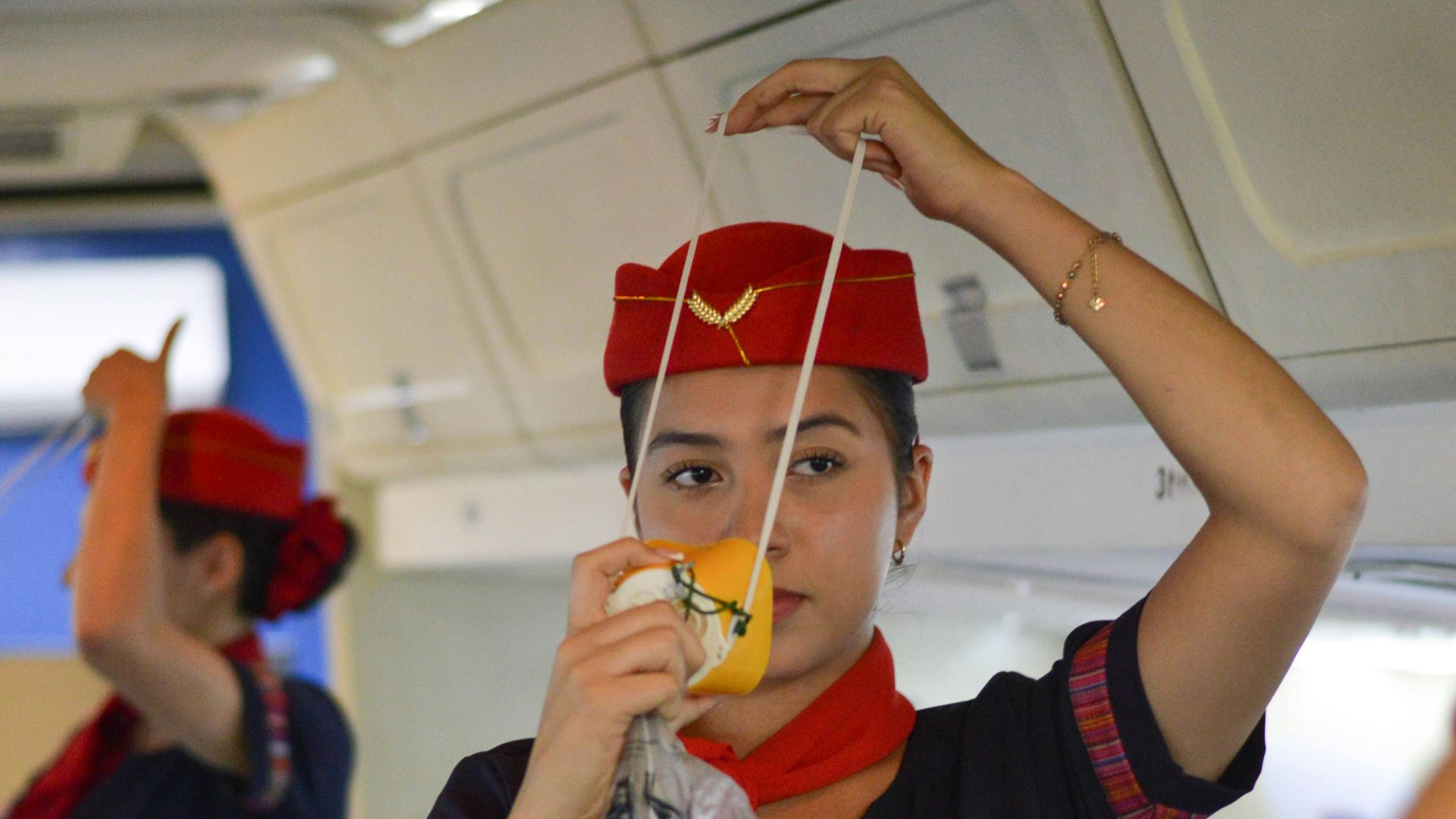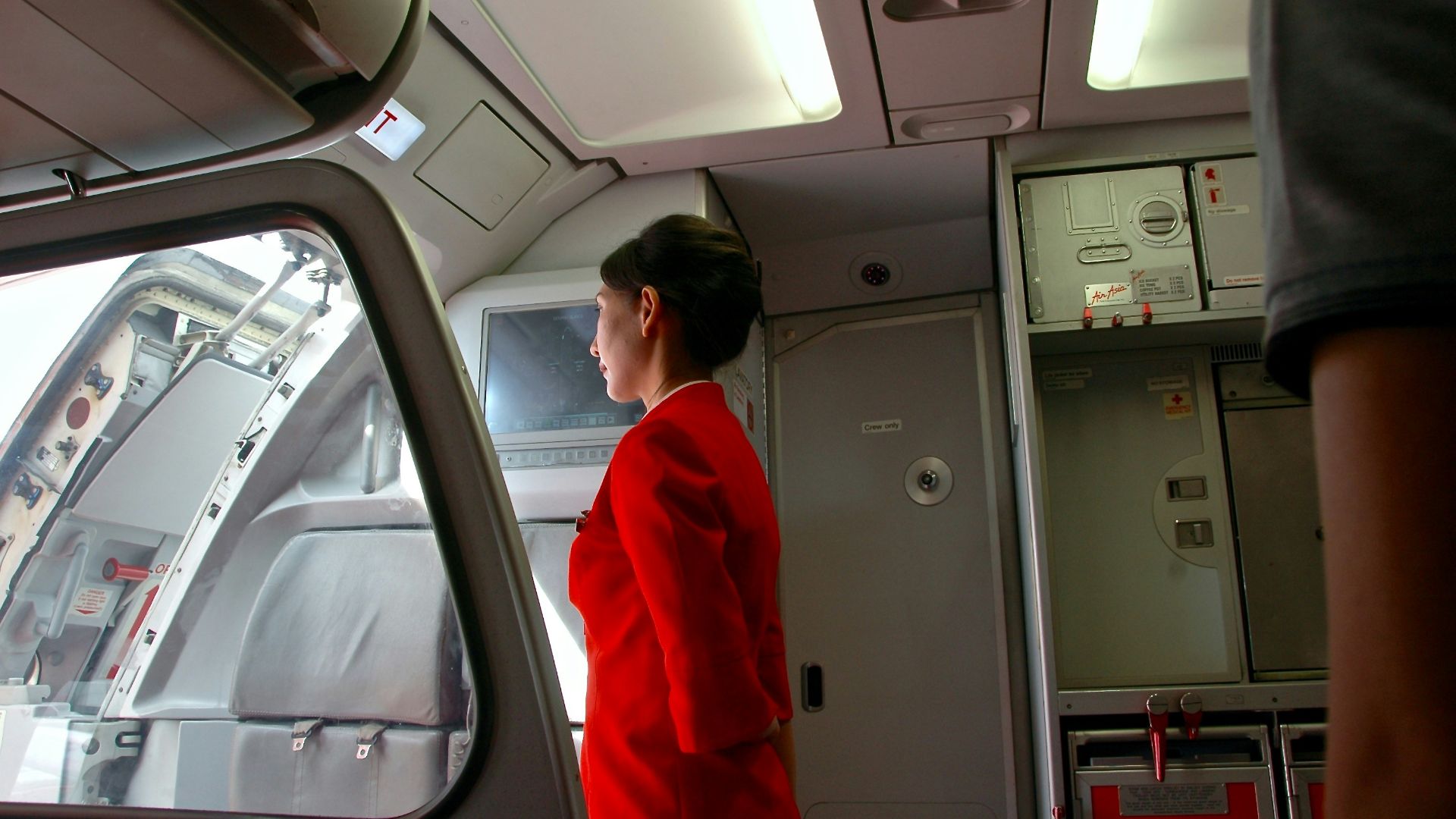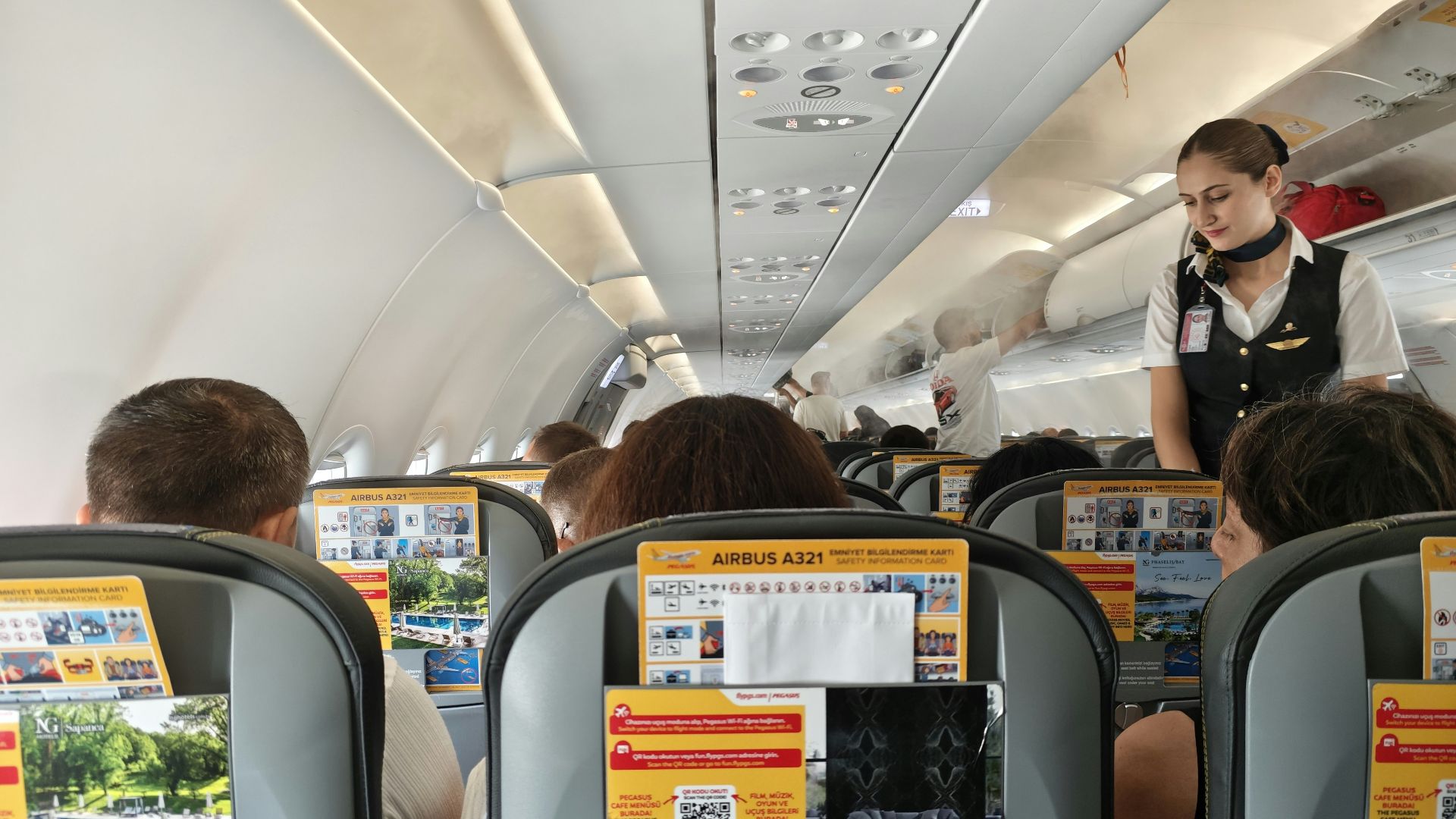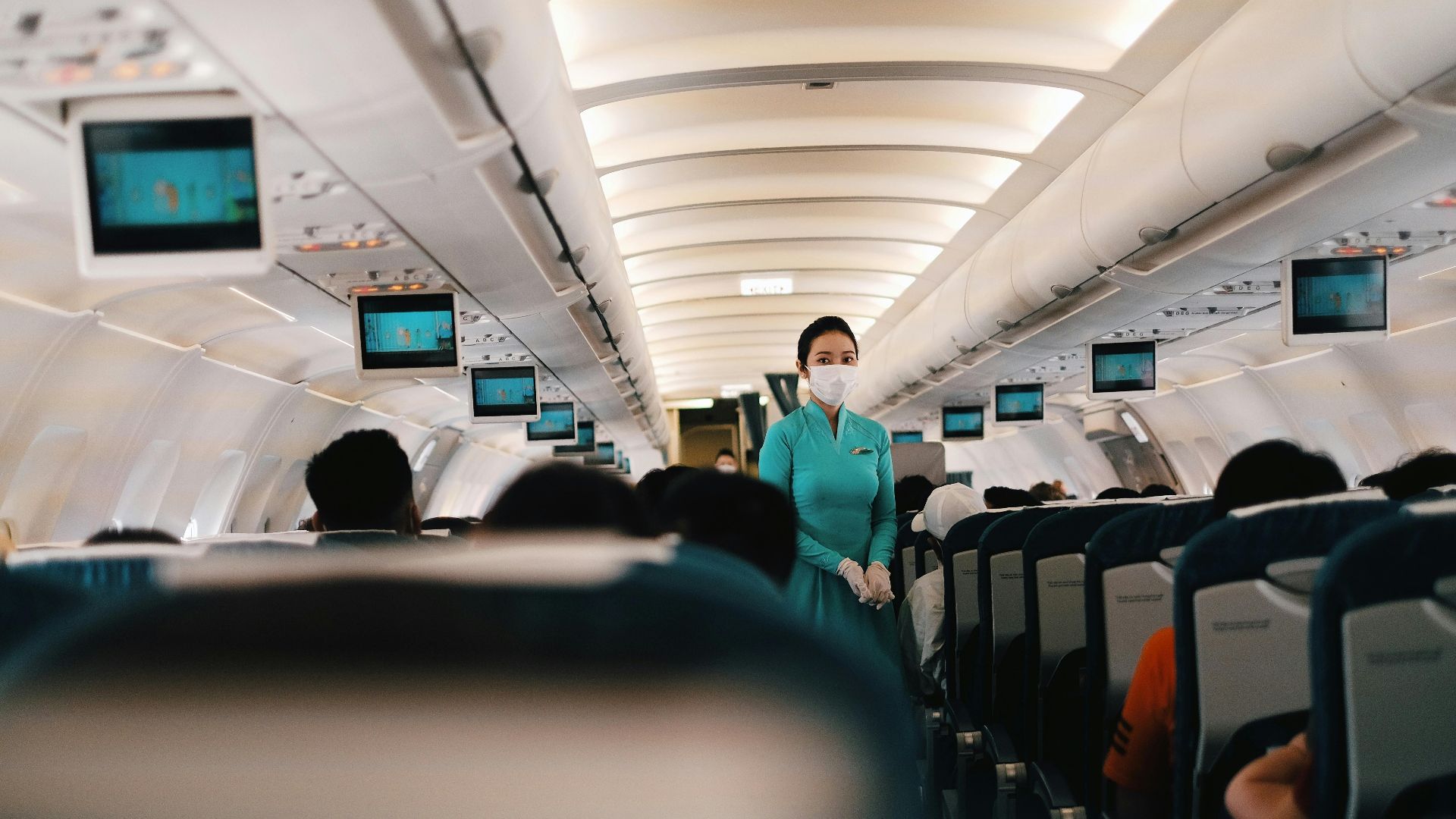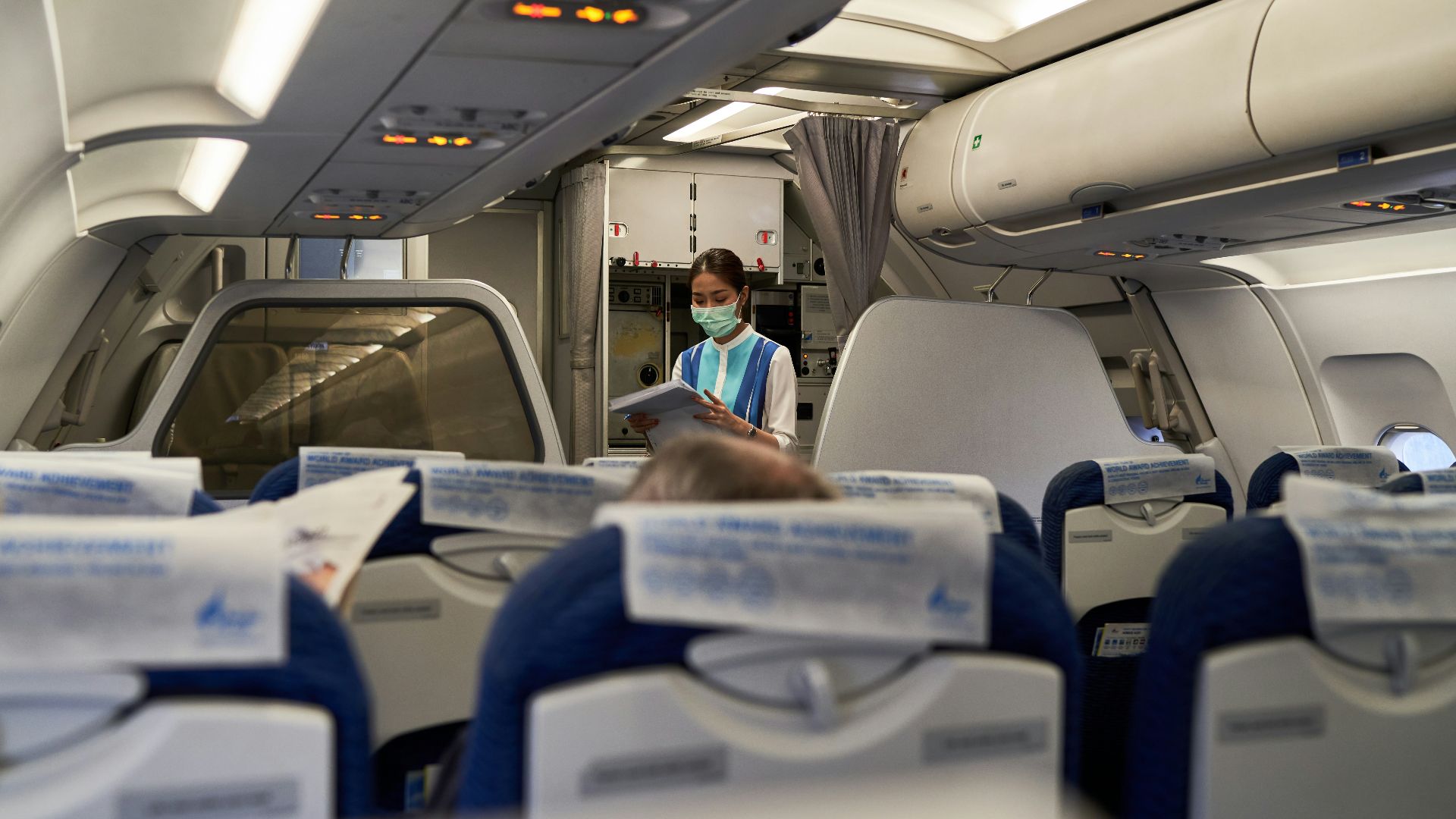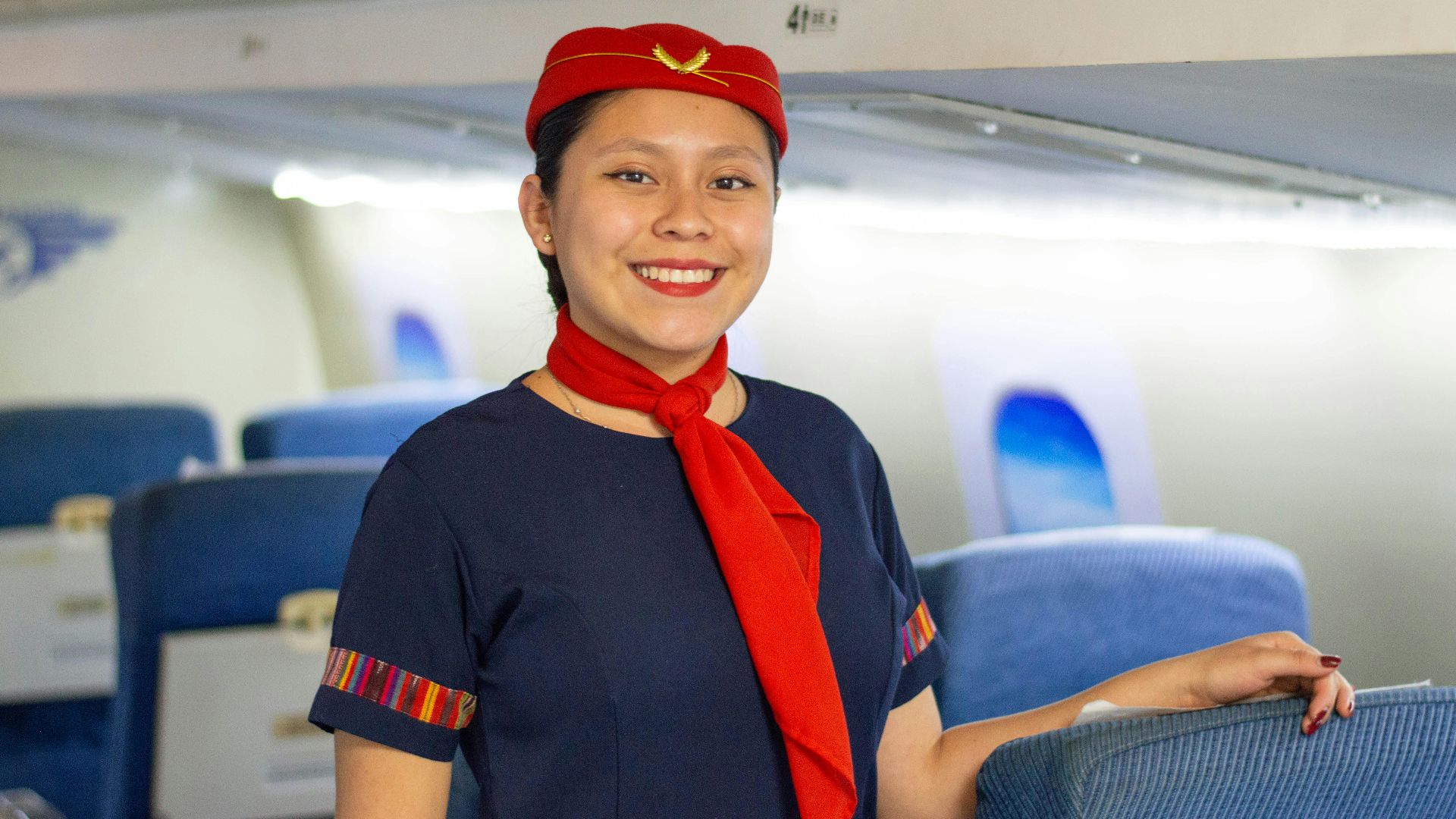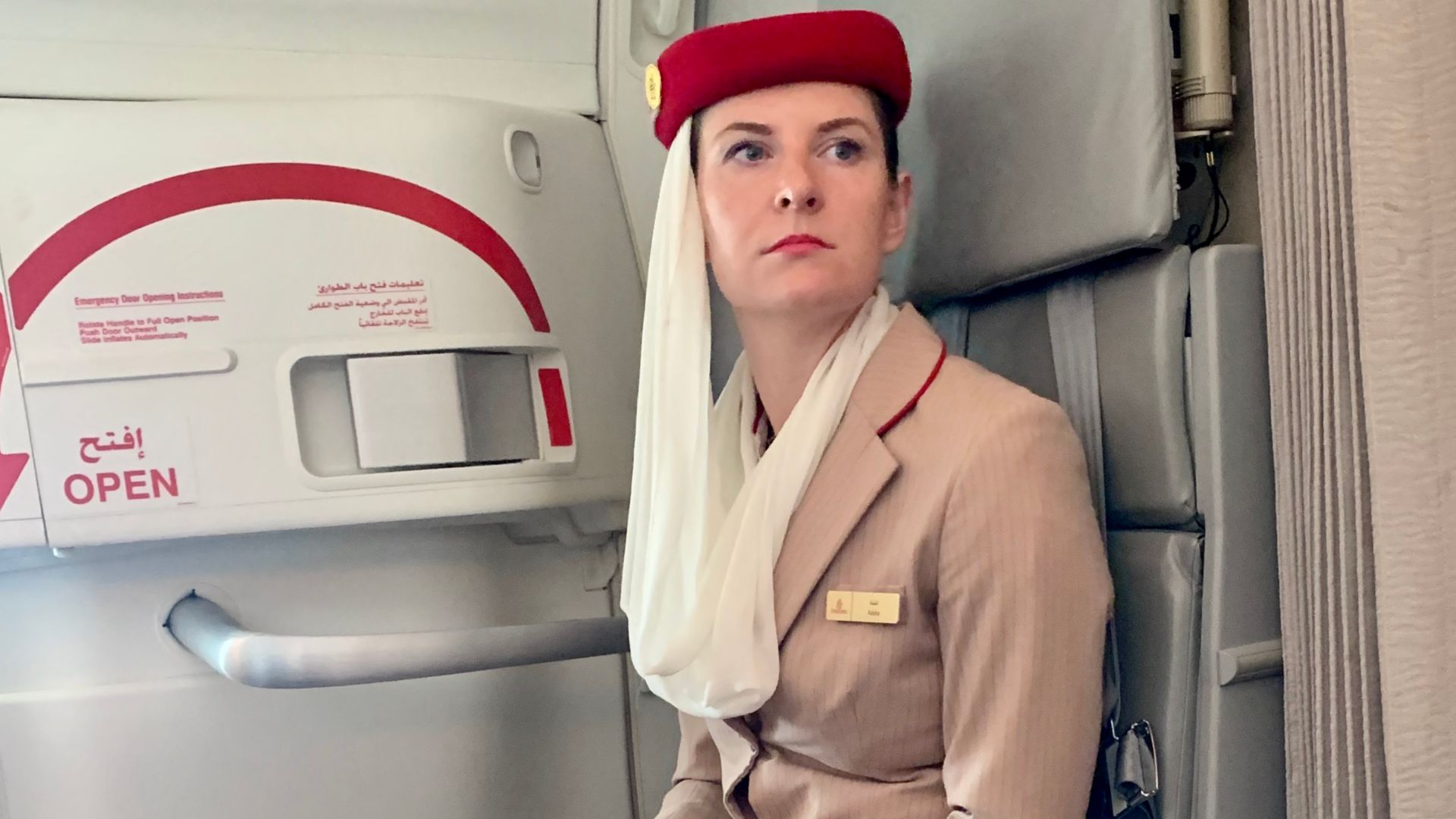The Dream Takes Flight
Starting a career as a flight attendant promises adventure, world travel, and a unique lifestyle. Layovers in warm destinations and exciting days in the skies are part of the experience. But behind all that glamor are long hours, intense training, and unpredictable schedules that will place serious demands on your endurance and flexibility.
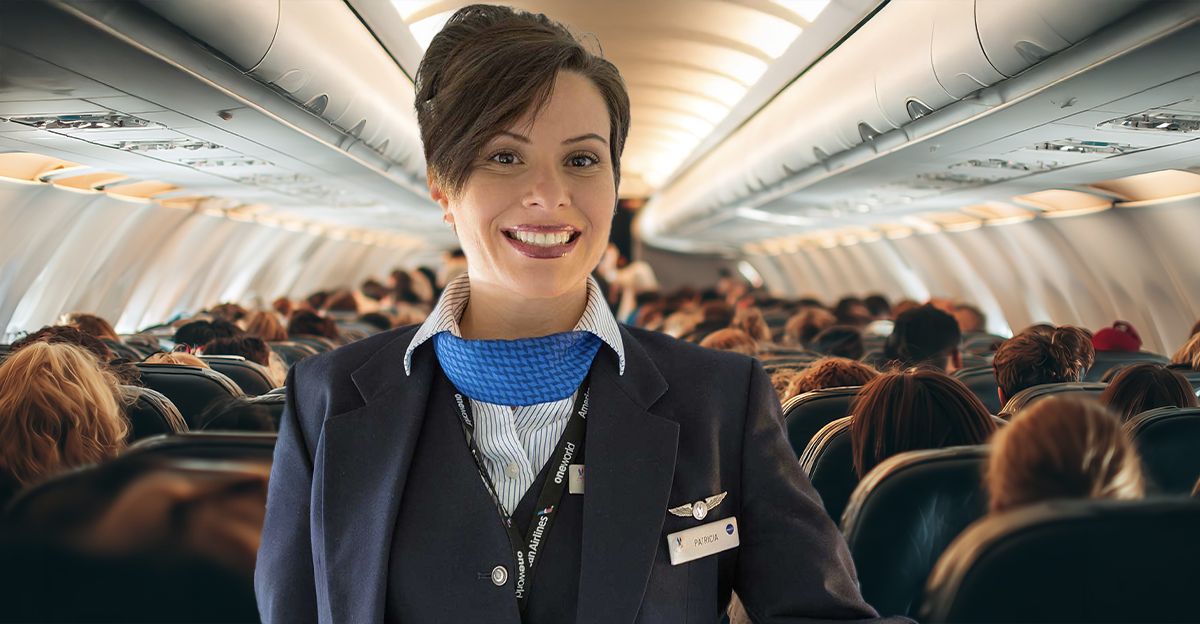
What Flight Attendants Actually Do
Flight attendants ensure passenger safety while delivering strong customer service. Responsibilities include safety demonstrations, cabin preparation, handling emergencies, and serving food and drinks. You’re the first line of defense during unforeseen events, and you’re the public face of the airline that travelers see throughout each flight.
The Training Process: First Steps
Training starts after hiring and consists of background checks, drug tests, and health screenings. You’ll enter a rigorous course program covering emergency procedures, equipment, first aid, and evacuation methods. Training goes on for several weeks and requires you to pass exams, tests, and hands-on simulations.
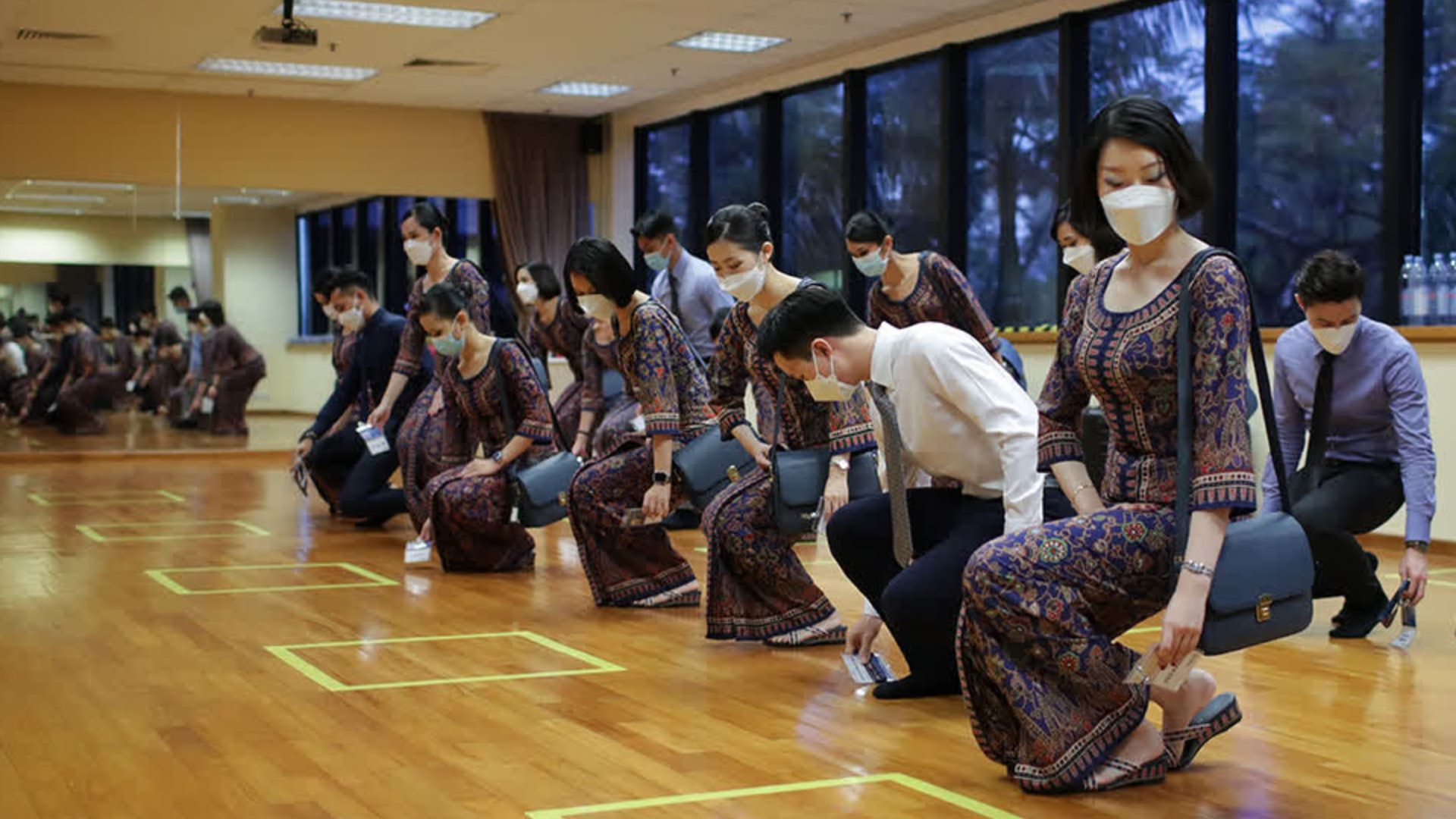 Cheow Sue-Ann, Gin Tay, Wikimedia Commons
Cheow Sue-Ann, Gin Tay, Wikimedia Commons
Learning The Safety Fundamentals
Safety training includes fire-fighting drills, oxygen-mask operation, evacuation slides, raft deployments, and simulated emergency responses. This phase can be physically demanding and emotionally intense, but it gives you the knowledge and confidence necessary to act decisively in the rare case of a crisis.
Customer Service And Soft Skills
Interacting with passengers is a big part of the job. You’ll greet guests, resolve conflicts, handle all the usual complaints, and maintain calm during delays. Strong communication skills and empathy are essential, especially when tensions run high or passengers experience in-flight anxiety or discomfort.
Getting Your First Job
Entry-level hiring in the airline industry is competitive. When you’re putting together your resume, emphasize your customer-service experience, language skills, flexibility, and travel readiness. Airlines often hold group interviews, assessments, and scenario-based evaluations. Standing out from the pack requires that you show professionalism, confidence, and genuine enthusiasm.
Travel And Destination Perks
Flight attendants enjoy free or discounted travel benefits, and these are often extended to family members. Standby privileges allow you to explore new destinations on your days off. This globe-trotting lifestyle offers unforgettable memories and cultural experiences that most jobs and careers can’t match.
Irregular Hours And Fatigue
Aviation schedules are demanding. Expect to work redeyes, early mornings, long layovers, and back-to-back flights. Fatigue will become a normal part of life as your circadian rhythm constantly shifts. Balancing sleep and personal time can be a challenge when every day starts in a different place.
Meeting Interesting People
You’ll encounter new passengers and coworkers on every route. This creates a highly social environment where you can build friendships and hear stories from around the world. These interactions make the job rewarding, energizing, and full of spontaneous moments.
Time Away From Home
Extended travel means you’ll be spending a lot of nights in hotels; you’ll also miss holidays. Flight attendants often spend more time in airports and aircraft than they do at home. Maintaining relationships requires effort and understanding from those in your personal life, especially during the peak travel season.
Competitive Benefits And Perks
Airlines offer strong benefits, including health insurance, retirement plans, and travel privileges. Seniority brings better schedules, better routes, and pay raises. The long-term benefits are what make the job appealing for those people seeking stability while enjoying global mobility.
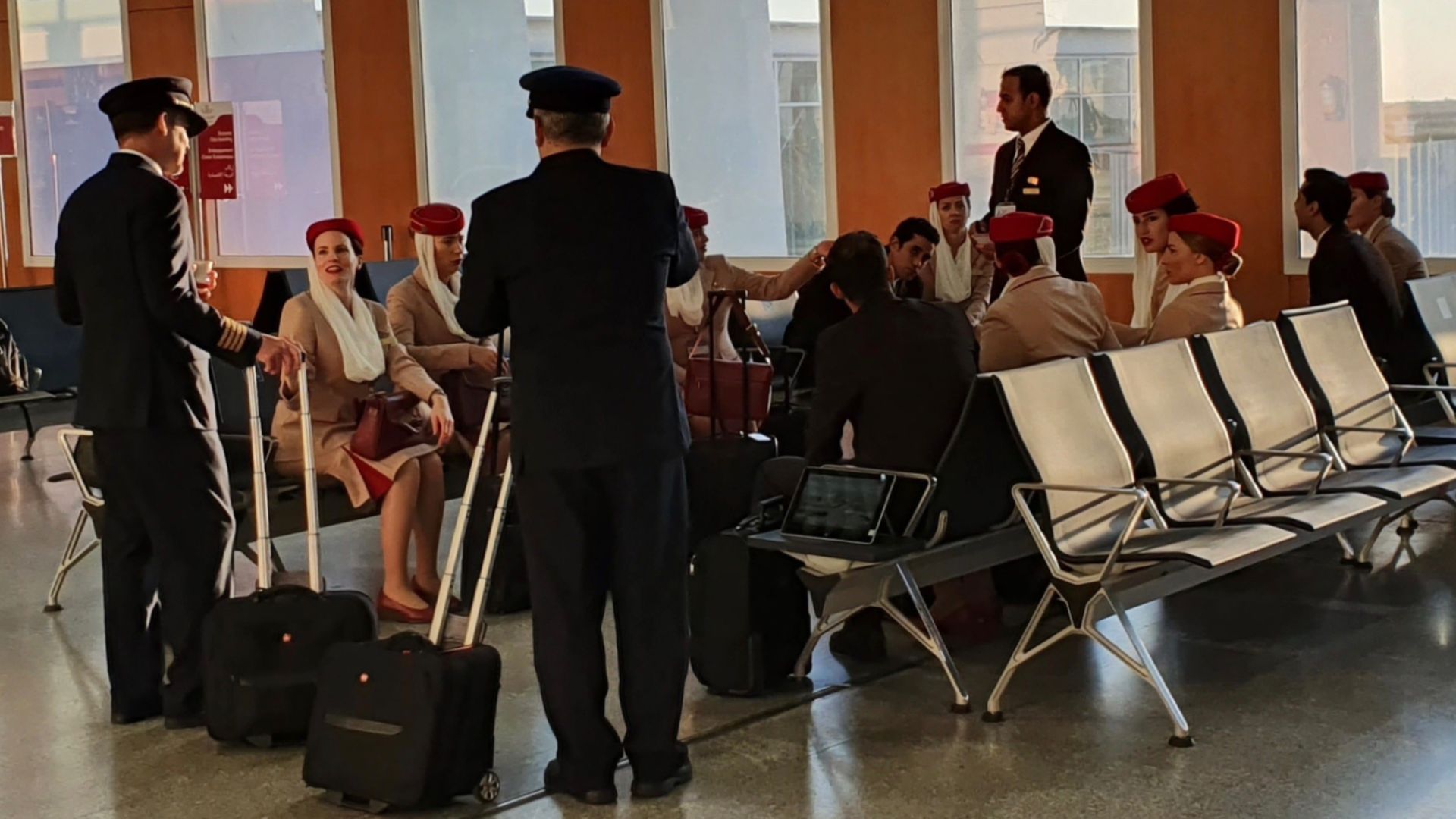 Yair Haklai, Wikimedia Commons
Yair Haklai, Wikimedia Commons
Physical And Emotional Strain
Long periods of standing, lifting baggage, dealing with turbulence, and interacting with stressed-out passengers can be draining. It’s crucial in this job to be emotionally resilient. You have to stay composed during medical emergencies, confrontations, and unpredictable flight conditions.
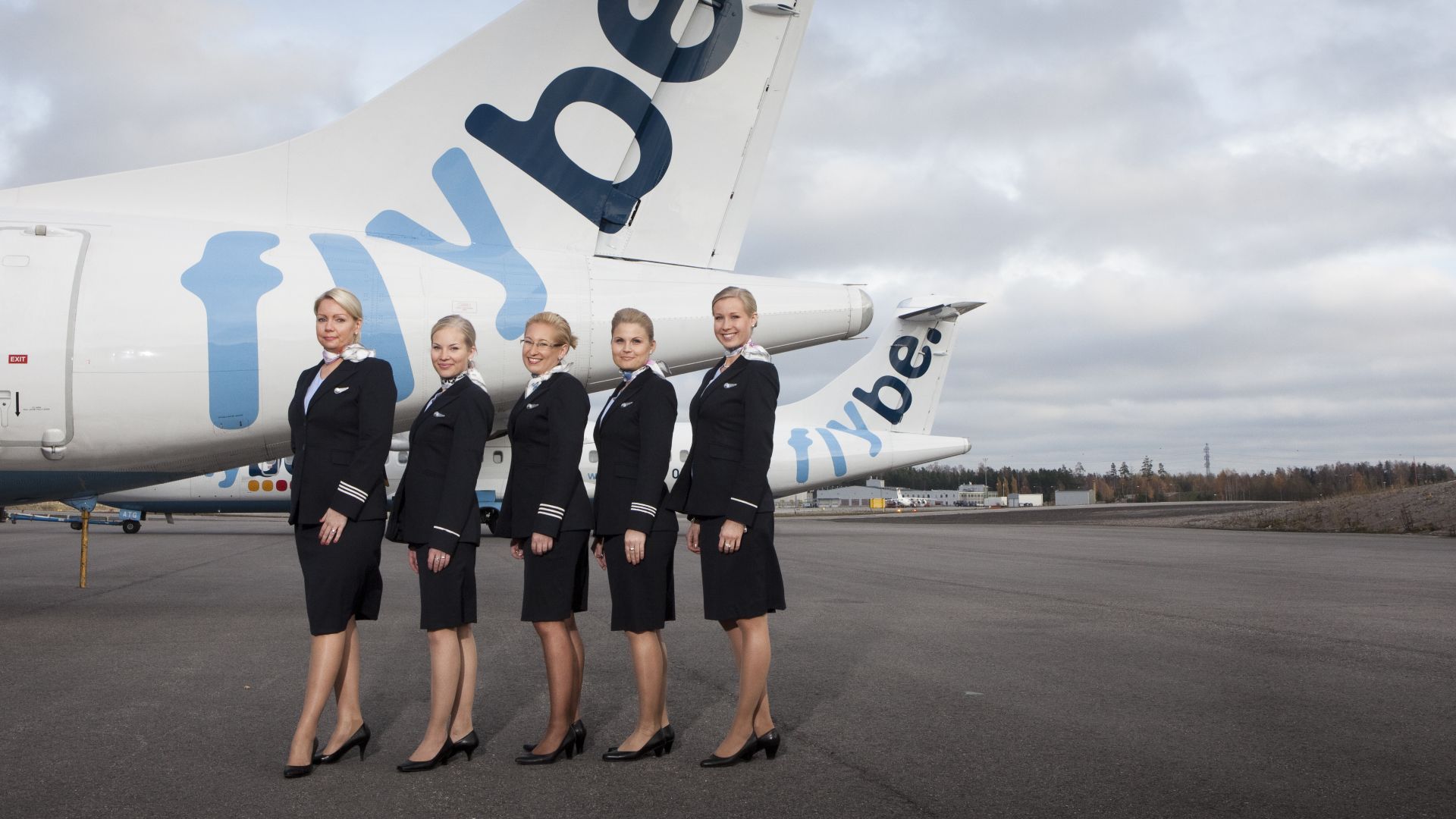 Marek Sabogal, Wikimedia Commons
Marek Sabogal, Wikimedia Commons
Opportunities For Career Advancement
You can advance from junior attendant to senior roles like purser or training instructor. Some flight attendants transition into ground operations or aviation management. The skills gained in the cabin, like communication, safety, and crisis response, all translate well into different career paths inside and outside aviation.
Airline Differences To Consider
Legacy carriers generally offer higher pay and more benefits but with that come stricter standards as well. Smaller or budget airlines often provide more flexible schedules but the perks are fewer and farther between. Do a deep dive into the airline’s culture, contract terms, and travel policies before you commit!
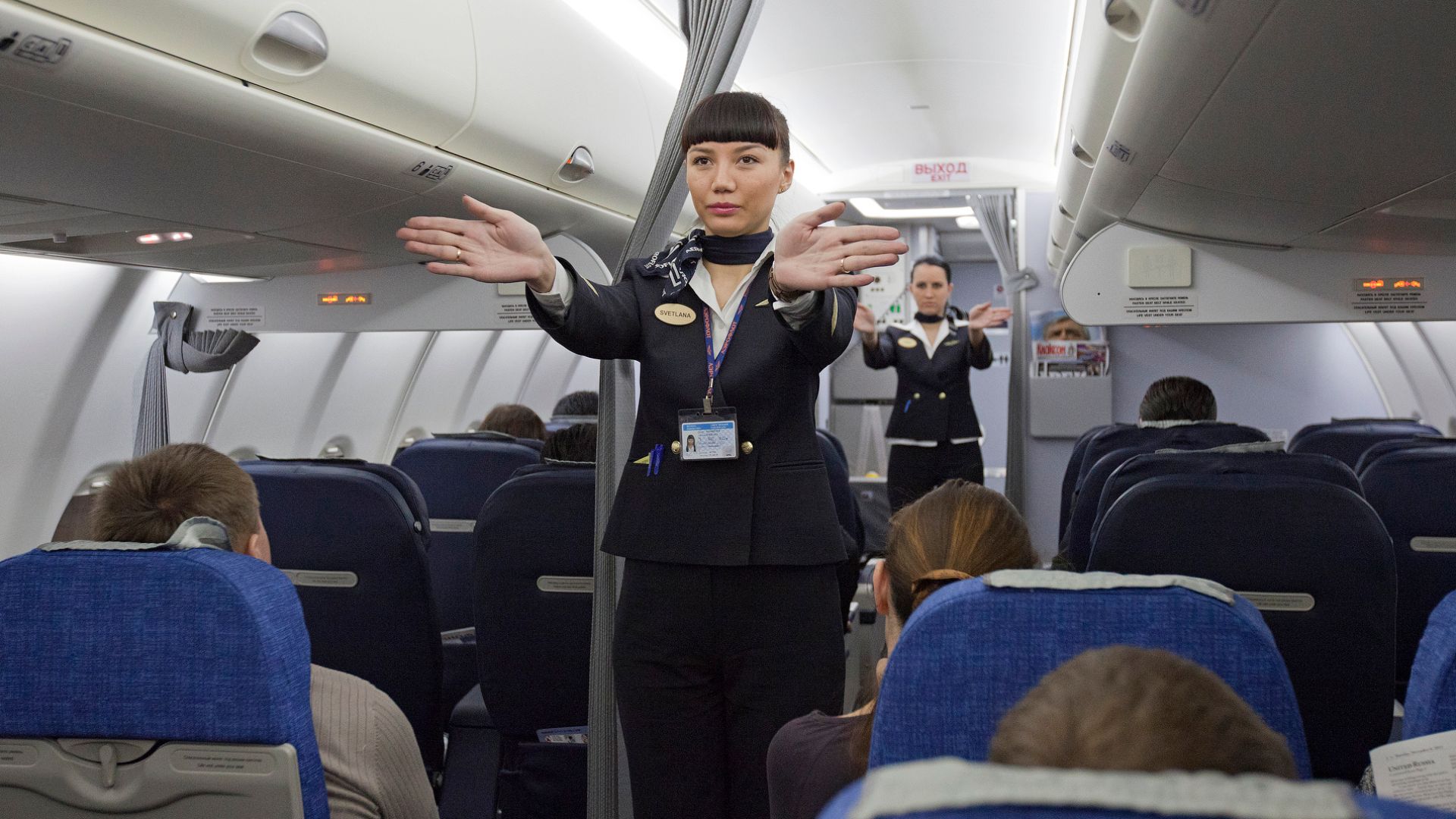 SuperJet International, Wikimedia Commons
SuperJet International, Wikimedia Commons
Unusual Experiences And Stories
A flight attendant’s job offers unique adventures: unexpected layovers, celebrity passengers, weather-related diversions, and extraordinary inflight events (hopefully not TOO extraordinary). These moments are the raw material of unforgettable stories and will help you build confidence in handling whatever unusual or high-pressure situations that come your way.
Unpredictability And Risk
Even the best planned schedules can change in a hurry because of weather, mechanical delays, or crew shortages. Medical or mechanical emergencies occur without warning. Flight attendants have to always stay alert and ready to respond, regardless of conditions.
 Oleg V. Belyakov, Wikimedia Commons
Oleg V. Belyakov, Wikimedia Commons
Preparing Financially
Newly minted flight attendants often face high initial costs, including uniforms, commuting, and relocation near their base. Early pay can be modest, and reserve schedules could also limit your hours. Budgeting and savings are important to ease the transition into the first year.
 Amiroslaf Dosh, Wikimedia Commons
Amiroslaf Dosh, Wikimedia Commons
Lifestyle Fit Considerations
Before you rush to apply, be honest and ask yourself whether you truly thrive on constant movement, enjoy meeting new people, and can handle long periods away from home. If routine is something that matters to you, then the high-flying career of a flight attendant may feel overwhelming. But if you crave variety and travel, it could be a perfect match.
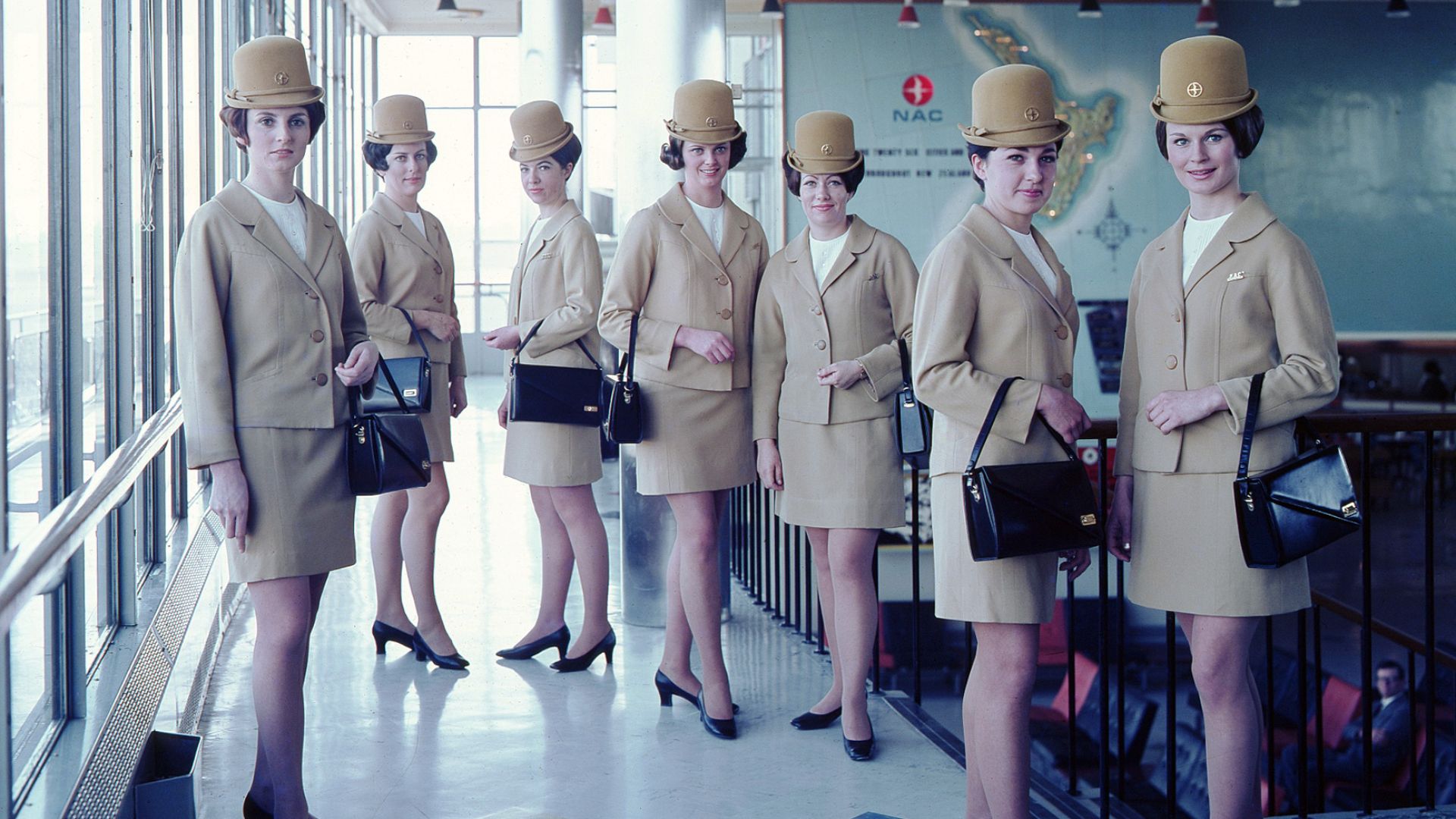 Archives New Zealand from New Zealand, Wikimedia Commons
Archives New Zealand from New Zealand, Wikimedia Commons
Tips For Landing Your First Role
Highlight your language skills, customer-service experience, and flexibility. Practice interview questions beforehand about things like conflict resolution, safety, and teamwork. Networking with current flight attendants and going to airline hiring events can also boost your chances.
Final Verdict: Is It Right For You?
The life of a flight attendant blends adventure, service, and unpredictability. It offers incredible perks but demands resilience and flexibility. If you love travel, diversity, and fast-paced environments, the skies could be calling. Just think carefully over the challenges before committing.
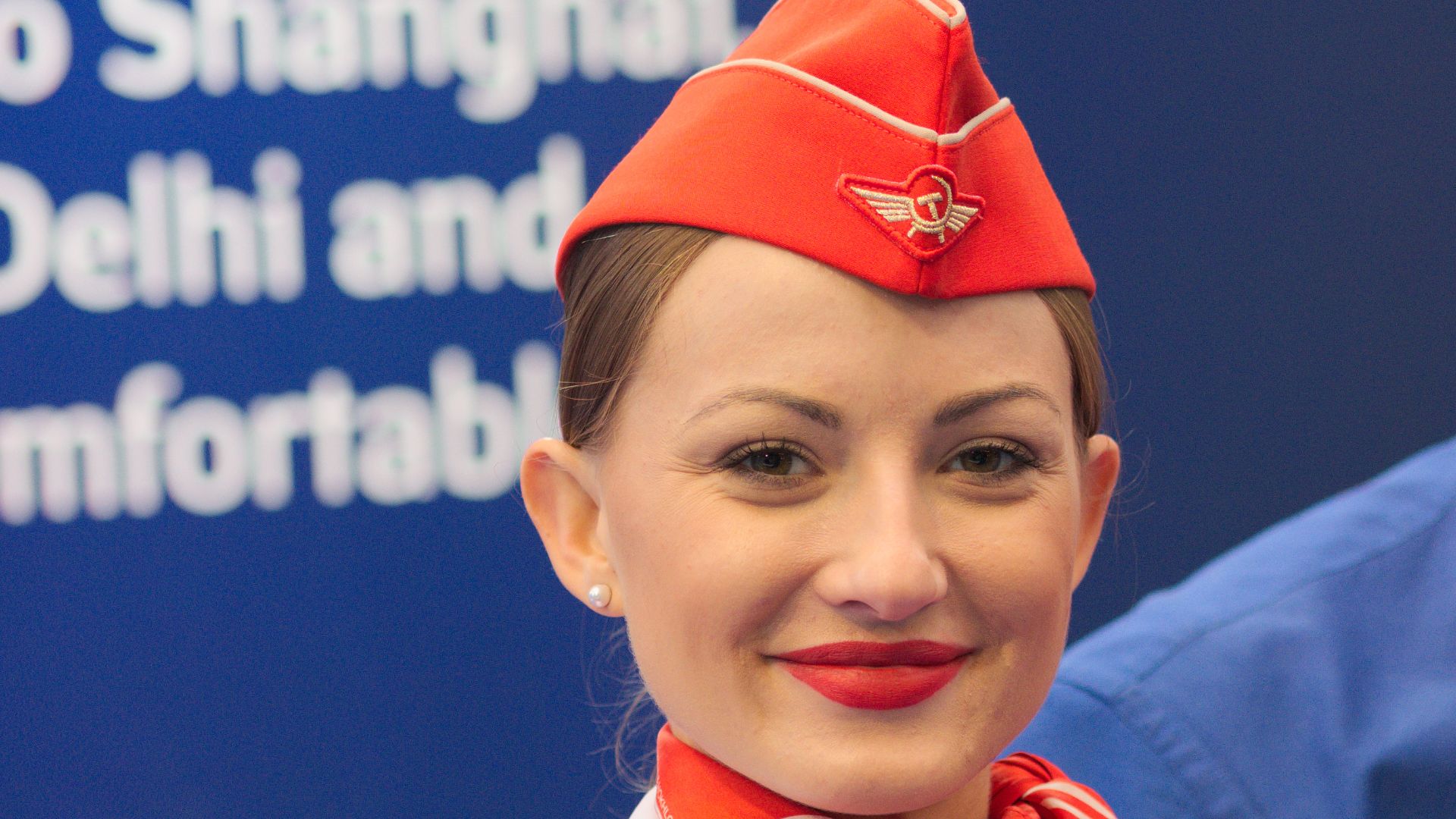 Petar Milošević, Wikimedia Commons
Petar Milošević, Wikimedia Commons
You May Also Like:
The Best-Paid Trades To Start Learning In 2025
The FAA's New Air Traffic Control System: Will Automation Replace Human Controllers?

